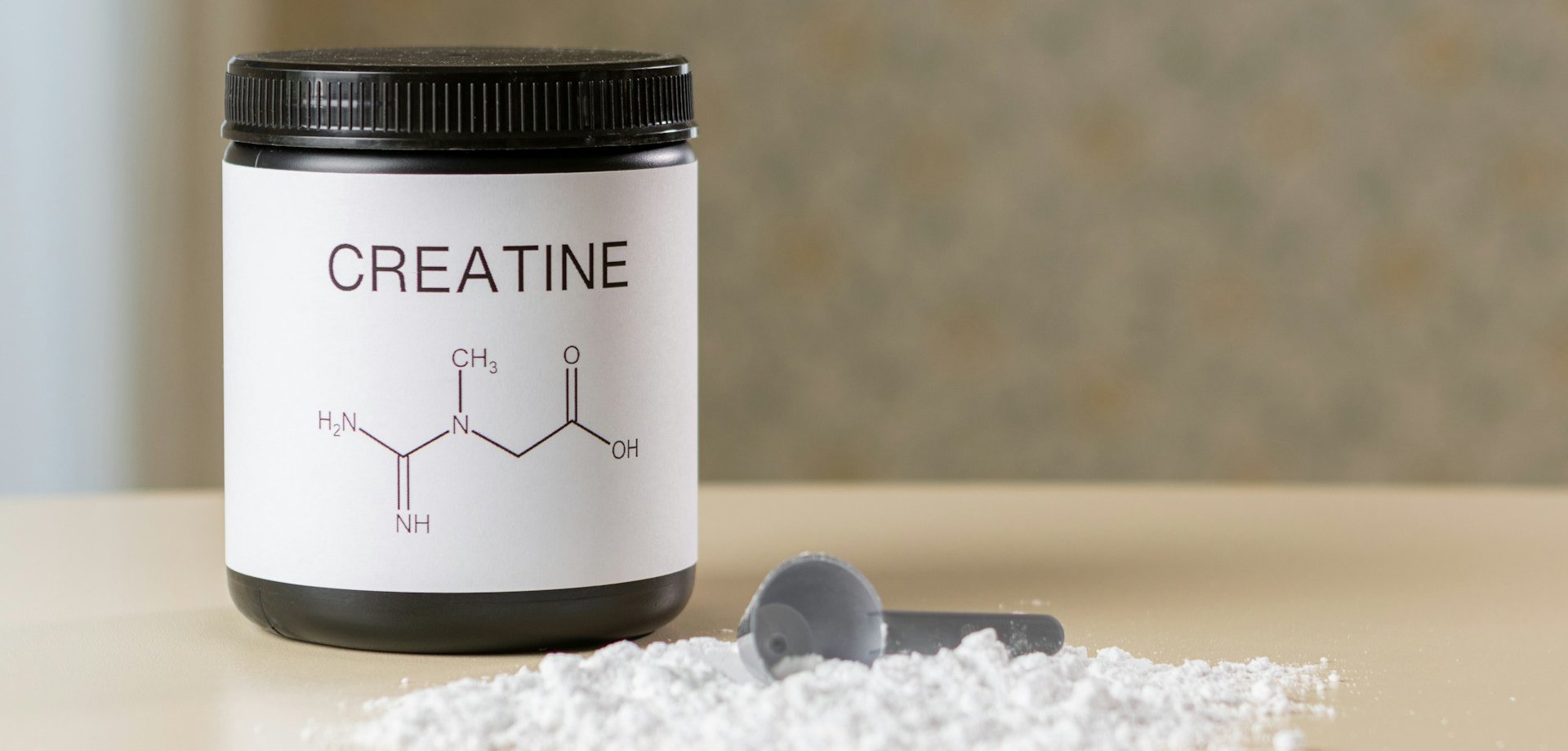Whey protein
Author:
Julio Valero
Published on:
9/12/2021

Whey is considered one of the best sources of protein. It's rich in the amino acid cysteine, which strengthens the body's antioxidant defenses, and glutamine, which benefits intestinal health. It is said that undenatured whey can bring benefits against cancer, only if it maintains the content of bioactive peptides.
Below is a brief explanation of several specific benefits of whey protein. It's important to remember that consuming too much protein can diminish these benefits. Here are the points to be explained:
The amino acid L-cysteine can be considered a vitamin and has a subclinical deficiency state related to its consumption, either by glutathione or hydrogen sulfide. To replenish cysteine reserves, it is more beneficial to take whey, although this can be done by consuming more protein in general or with N-acetylcysteine (NAC) supplements. It is not advisable to take reduced glutathione supplements because they can cause problems of low bioavailability.
To support fat loss and stimulate muscle protein synthesis, whey protein is the best choice, especially if you're not meeting your daily protein needs.
Having amino acids available in the body 24 hours a day makes the timing of intake less important. In other words, maintaining a consistent supply of amino acids throughout the day is more crucial than consuming them at specific times. Whey protein, particularly rich in glutamine, is beneficial for intestinal health and has minimal impact on intestinal permeability in individuals with Crohn's disease. Milk may offer similar advantages, but its lactose content can be problematic for those with lactose intolerance.
Whey protein offers several advantages over casein protein, including lower postprandial triglycerides and, over time, reduced total cholesterol and increased HDL cholesterol. These benefits are particularly pronounced in individuals with type 2 diabetes, where triglyceride reduction is linked to improved post-meal insulin sensitivity.
Whey may have anticancer properties and some of the quaternary proteins such as lactoferrin and alpha-lactalbumin may also have anticancer properties, although none of this has been proven.
Conclusions
Whey protein seems to be an efficient way to provide protein; however, it's important to note that excessive consumption can diminish its effectiveness.
For individuals who struggle to consume sufficient protein through diet, whey protein supplements can be a practical solution. In some regions, supplements may be more cost-effective than other protein sources. However, it is worth noting that there is no significant difference in taking a supplement versus a regular alternative, from any point of view.
Whey protein may be more beneficial for people over 60 years of age than for younger people, as muscle protein synthesis declines with age and cellular aging in this population.
If you want to see the studies I used for this analysis, you can go to the website: https://examine.com/nutrition/whey-protein-and-efficiency/
Comparte en redes sociales
Recent posts

A bad night's sleep: a reason to stay up even longer?

Creatine Effectiveness: What Does Science Say About Its Benefits?

Does meal timing help you lose fat?

Is your triceps press building muscle or holding you back?

Nutrition tailored to you: based on your genetic profile.

Carbohydrates: the key to an explosive workout.